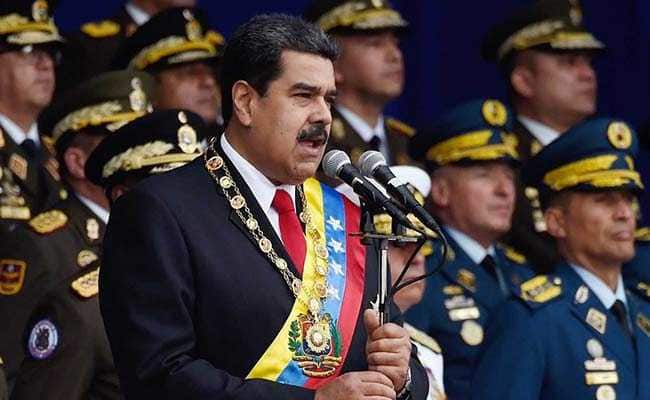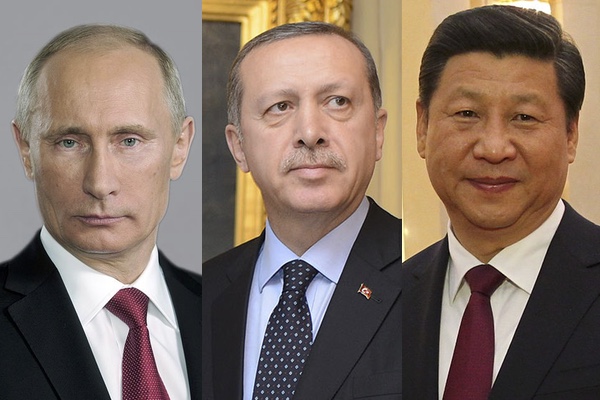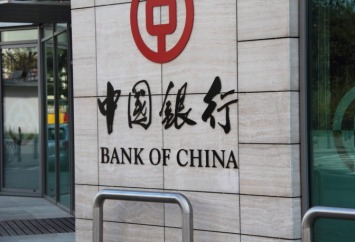
When people think about the concept of cryptocurrency, most people probably think about bankers, finance, or even hackers. Its true…Bitcoin primarily lies in the realm of finance and trade, but that doesn’t mean that we should overlook its broader implications, especially in developing countries around the world.
The Human Rights Foundation estimates that more than half of all people currently live under an authoritarian regime. In countries like these, the government controls essentially everything, including the banking and monetary system. The rise of cryptocurrency has the potential to be a salvation for all of these people because of one simple concept: decentralization. Take a country like Venezuela for instance, the government has complete control over the local currency bolvares, and has used that to exact control over much of its population through massive taxes on incoming remittances. In countries like China and Russia, the government monitors every transaction through its state controlled banks and utilizes this power over its citizens. On the other hand, cryptocurrencies like Bitcoin aren’t controlled by a single entity or government. It’s impossible to tax Bitcoin transfers that happen between private devices, or surveil any of these transfers. For people in these countries, all they need is access to the internet, and the type of financial oppression created by their government goes away as they become part of a global community.




